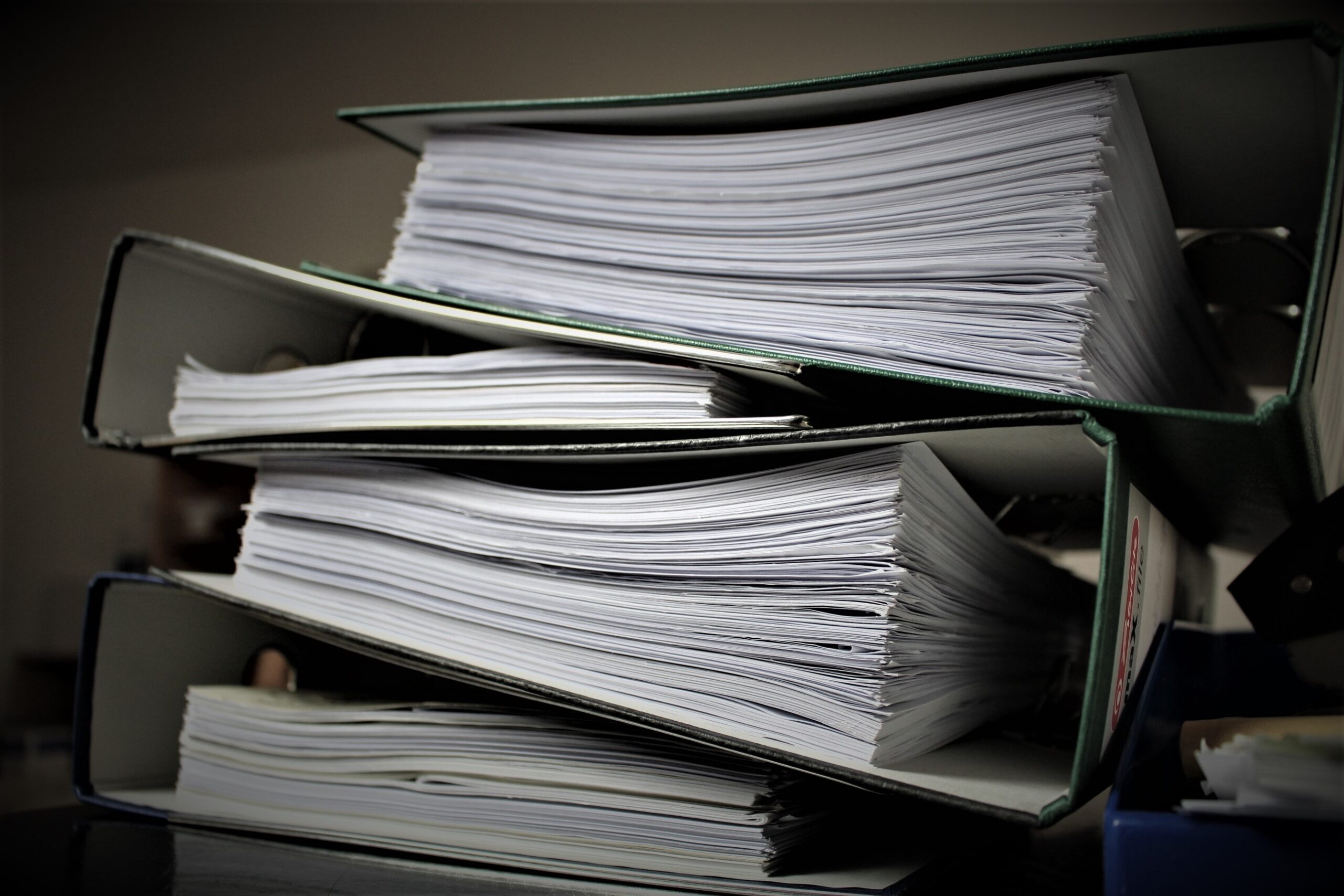Personal injury cases are often complex legal battles that require a strong foundation of evidence to support the claims of the injured party. In St. Louis, personal injury lawyers understand the critical role that evidence plays in building a compelling case and securing fair compensation for their clients. In this comprehensive guide, we will delve into the importance of gathering evidence in personal injury cases and how St. Louis personal injury lawyers utilize it to advocate for their clients’ rights.
Understanding the Significance of Evidence
Evidence is the factual information and documentation that supports the claims made in a personal injury case. It serves various purposes, including:
- Establishing Liability: Evidence is essential for demonstrating who is at fault in the accident or incident that caused the injury. This process is critical to establish liability and determine who should compensate the injured party.
- Proving Causation: In personal injury cases, causation is the link between the accident and the injuries sustained. Evidence is used to demonstrate that the injuries were a direct result of the incident in question.
- Assessing Damages: Evidence is crucial for evaluating the extent of the damages incurred by the injured party. It helps in quantifying both economic and non-economic losses, such as medical expenses, lost wages, and pain and suffering.
- Building a Compelling Case: A strong case is built on a foundation of credible and convincing evidence. Personal injury lawyers rely on evidence to present a persuasive argument in negotiations or court.
Types of Evidence in Personal Injury Cases
Personal injury cases may involve a variety of evidence, including:
- Photographs and Videos: Visual evidence such as photographs and videos can help document the scene of the accident, the extent of property damage, and the injuries sustained.
- Witness Statements: Eyewitness accounts provide valuable testimony about the circumstances of the incident and who was at fault. Witness statements can support or contradict other evidence in the case.
- Medical Records: Medical records detail the injuries, diagnoses, treatment, and prognosis of the injured party. They are essential for proving the link between the accident and the injuries.
- Expert Testimony: In complex cases, personal injury lawyers may call upon expert witnesses, such as medical professionals or accident reconstruction specialists, to provide specialized insight and support the claims made in the case.
- Police Reports: Police reports are often crucial in cases involving car accidents or incidents where law enforcement responded. They can provide information about the parties involved and any citations issued.
- Accident Reconstruction: For cases involving intricate accidents, accident reconstruction experts can recreate the events to determine causation and liability.
- Physical Evidence: Physical evidence, such as damaged vehicles or defective products, can help establish liability and causation.
The Role of a St. Louis Personal Injury Lawyer
A St. Louis personal injury lawyer plays a critical role in gathering and leveraging evidence to build a strong case. Here’s how they utilize evidence in the legal process:
- Evidence Collection: Personal injury lawyers are responsible for collecting and preserving relevant evidence. They often collaborate with investigators and experts to ensure all necessary evidence is gathered.
- Evidence Review and Analysis: Once collected, the attorney reviews and analyzes the evidence to determine its relevance and strength in supporting the case.
- Expert Consultation: In complex cases, personal injury lawyers may consult with expert witnesses to assess the evidence and provide specialized insights.
- Case Building: Personal injury lawyers use the evidence to build a compelling case. They formulate a legal strategy that emphasizes the strengths of the evidence and addresses any weaknesses.
- Negotiations: During settlement negotiations, personal injury lawyers use the gathered evidence to advocate for their clients. They present a strong case to insurance companies and opposing parties, emphasizing the strength of their evidence.
- Litigation Support: If a fair settlement cannot be reached, personal injury lawyers take the case to court. They present the evidence to a judge and jury, cross-examine witnesses, and make compelling arguments on behalf of their clients.
Challenges in Evidence Collection
Gathering evidence in personal injury cases can present challenges, including:
- Lost or Destroyed Evidence: Evidence can be lost or destroyed over time, which can hinder the ability to support the injured party’s claims.
- Inaccurate or Contradictory Statements: Witnesses may provide inaccurate or contradictory statements that complicate the case. Personal injury lawyers must work to clarify and corroborate testimony.
- Privacy Concerns: Protecting the privacy of individuals involved in the case, especially when it comes to medical records, is essential.
- Obtaining Evidence from Reluctant Parties: In some cases, obtaining evidence from opposing parties or entities can be challenging, requiring legal action to compel disclosure.
Conclusion
In personal injury cases, the gathering and effective use of evidence are paramount to securing rightful compensation for the injured party. St. Louis personal injury lawyers understand the importance of building a strong case and rely on credible evidence to support their clients’ claims.
If you’ve suffered a personal injury, it’s crucial to consult with a St. Louis personal injury lawyer who has the knowledge, experience, and resources to collect and leverage evidence effectively. With the right legal representation, you can navigate the complicated process of obtaining the compensation you deserve.

